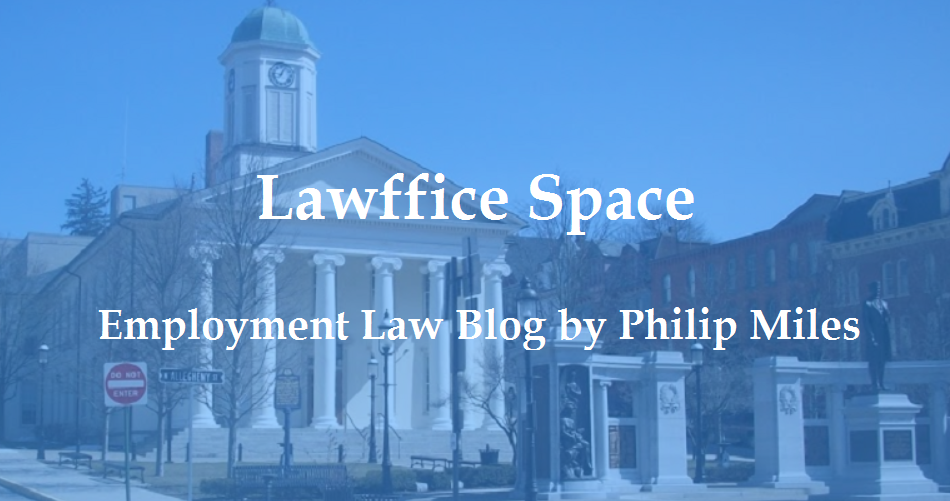To recap: a public employee (police chief) brought a lawsuit alleging he was retaliated against for filing a grievance with his employer. His legal theory was that his grievance was protected activity and the retaliation violated the Petition Clause of the First Amendment. The First Amendment protects “freedom of speech” and a separate clause guarantees “the right of the people . . . to petition the Government for a redress of grievances."
The Third Circuit, contrary to public employee free speech law, held that the grievance (aka the "petition") did not need to address a matter of public concern. The Supreme Court disagreed, effectively treating the claim like a public employee free speech case. Justice Kennedy, joined by everyone but Scalia (concurring in part and dissenting in part) and Thomas (concurring in the judgment), designated the well-established Pickering test as the proper way to analyze a public employee Petition Clause claim:
When a public employee petitions as a citizen on a matter of public concern, the employee’s First Amendment interest must be balanced against the countervailing interest of the government in the effective and efficient management of its internal affairs.The Supreme Court reversed and remanded for an application of the balancing test.
Justice Scalia slammed the majority for applying free speech precedent for the purpose of "judicial convenience" and ignoring that speech and petition are two separate rights with different aims.
Pictured: Justice Kennedy, author of the Court's opinion.
Posted by Philip Miles, an attorney with McQuaide Blasko in State College, Pennsylvania in the firm's civil litigation and labor and employment law practice groups.

No comments:
Post a Comment